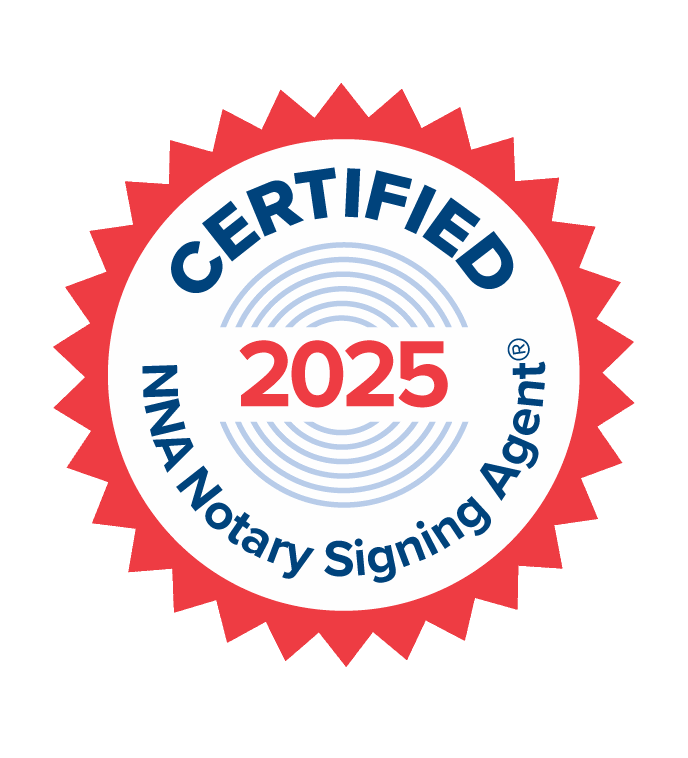Exploring the History and Evolution of Notary Public Roles
The Origins of Notary Public Roles
The role of a notary public is one steeped in history, dating back to ancient civilizations. The earliest notaries were scribes in Ancient Egypt, who were entrusted with recording important transactions and legal documents. These scribes were highly respected for their skills in writing and their meticulous attention to detail.
As civilizations evolved, so did the role of the notary. In Ancient Rome, notaries—known as "notarii"—were responsible for drafting legal documents, wills, and contracts. Their work was vital in maintaining the legal and administrative framework of the empire. The Roman notary's influence extended across Europe, laying the foundation for modern notarial practices.

The Middle Ages and Renaissance
During the Middle Ages, the notary public's role continued to expand. Notaries were often clerics who had the education and literacy required to draft and authenticate documents. They played a crucial role in the administration of justice and the church, ensuring that legal agreements were properly documented and preserved.
In the Renaissance period, the notary public's importance grew even further. With the rise of commerce and the increasing complexity of legal transactions, notaries became essential figures in the business world. They were responsible for notarizing contracts, deeds, and other legal instruments, providing a layer of trust and authenticity to these documents.
Notary Public in the Modern Era
The role of the notary public has continued to evolve in the modern era. Today, notaries are appointed by government authorities to serve as impartial witnesses to the signing of important documents. Their primary function is to verify the identities of the signatories, ensure that they are signing willingly and without coercion, and to maintain a record of the transaction.

Notaries are now found in many countries around the world, each with their own specific duties and regulations. In the United States, for example, notaries are authorized to perform a variety of acts, including administering oaths, taking affidavits, and certifying copies of documents. In some states, they can even officiate weddings!
The Digital Transformation
In recent years, the notary public profession has undergone a significant transformation with the advent of digital technology. Electronic notarization, or eNotarization, allows notaries to perform their duties online using secure digital platforms. This innovation has made the notarization process more convenient and accessible, especially during times when in-person meetings are challenging.
Remote online notarization (RON) has further revolutionized the field. With RON, notaries can authenticate documents and verify identities through video conferencing tools, making it possible to notarize documents from anywhere in the world. This has been particularly useful for international transactions and for individuals who are unable to travel.

The Future of Notary Public Roles
As technology continues to advance, the role of the notary public will likely continue to evolve. Innovations such as blockchain technology and artificial intelligence have the potential to further streamline and secure the notarization process. These technologies could provide even greater levels of trust and transparency, ensuring the integrity of legal documents in an increasingly digital world.
Despite these advancements, the core principles of the notary public profession—impartiality, trust, and authenticity—will remain unchanged. Notaries will continue to play a vital role in the legal and business communities, providing a critical service that ensures the integrity of important transactions and documents.
In conclusion, the history and evolution of notary public roles highlight the enduring importance of this profession. From ancient scribes to modern digital notaries, these professionals have adapted to changing times while maintaining their commitment to upholding the law and ensuring the validity of legal documents.

